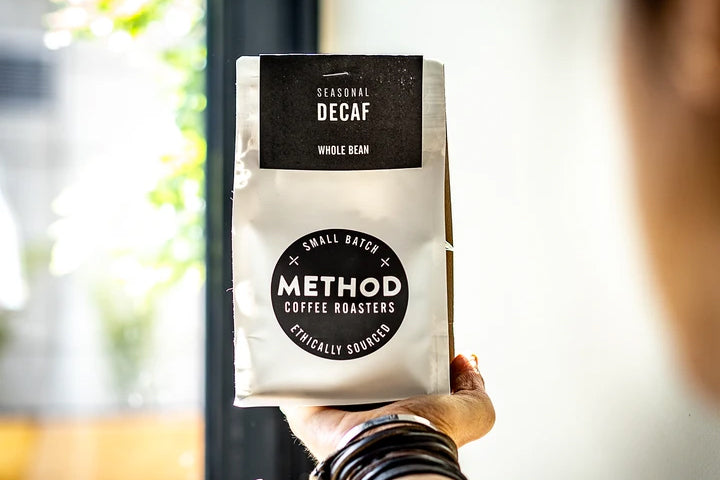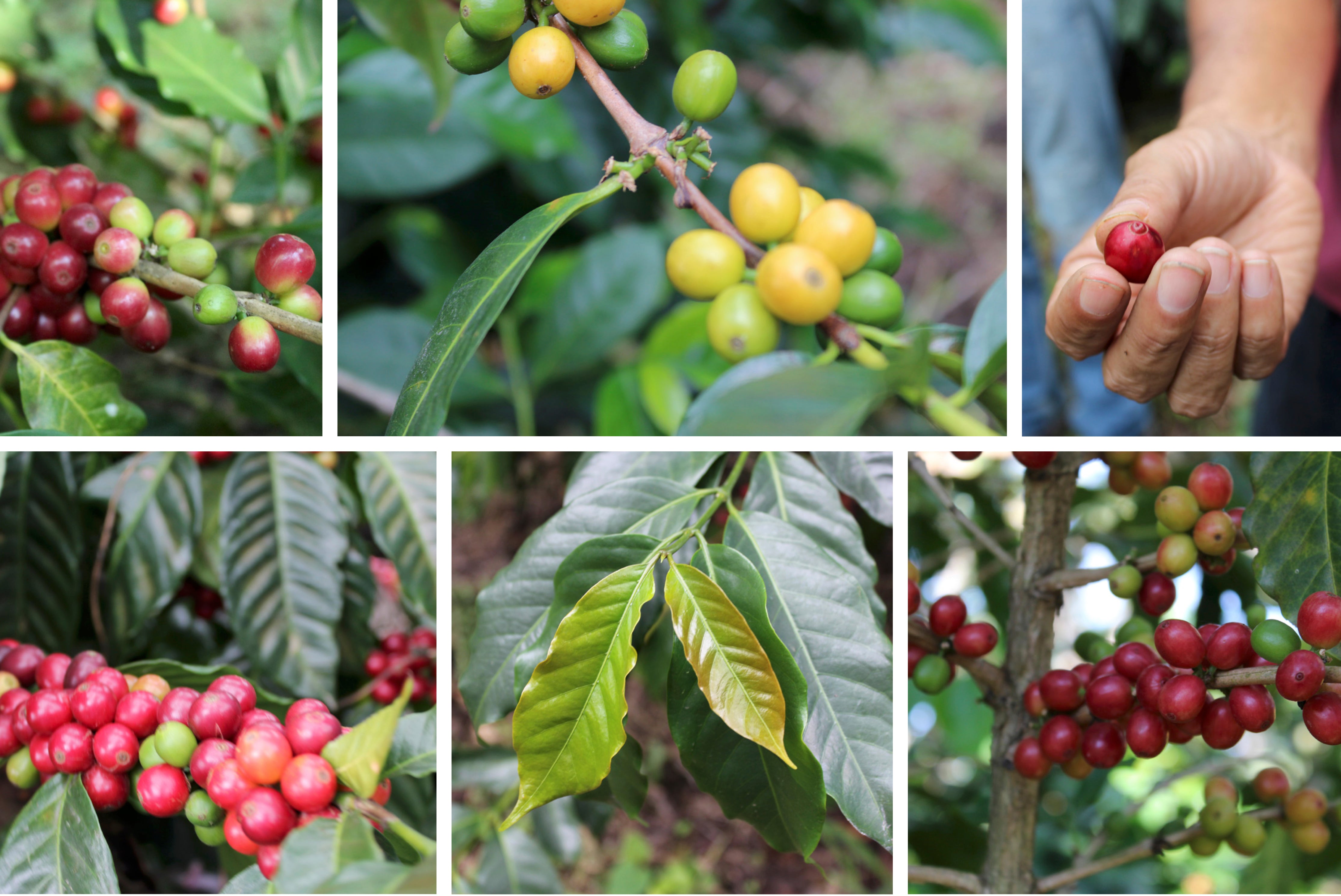Our latest Seasonal Decaf is here so we took the opportunity to delve a little deeper into all things decaffeinated ...
When it comes to finding great decaf coffee we take the same approach to sourcing our decaffeinated beans as we do to selecting the rest of the coffees on our menu - quality and provenance are key.
If you're trying to reduce your caffeine intake you no longer need to drink poor quality, mediocre coffee; our Seasonal Decaf will always be traceable, single origin and chemical free. We only sell decaf coffee that has been processed using one of the natural methods and when available we also offer an Organic certified decaf too.
Our latest decaf has been sourced from Huila in Colombia, where the beans have been cupped as regular green sample and then specifically identified for decaffeination. The decaffeination for this lot has been done locally in Colombia, before the coffee goes to export; allowing for fewer food-miles and a smaller carbon footprint, as well as ensuring more investment in the country of origin.
This coffee has been decaffeinated using the Sugarcane E.A. decaf method. We've found that the Sugarcane process retains fantastic flavour while using natural extraction methods. So how does it work?
Locally grown sugarcane is fermented to produce Ethyl Acetate compounds. The delicate process of decaffeinating begins at the pre-treatment step by steaming the green (unroasted) coffee beans with low pressure steam to remove the silver skins. The green coffee is then soaked in fresh spring water to swell and soften the beans before removing the caffeine, which is bonded to salts inside the structure of the beans.
At the decaffeination extraction phase the EA is circulated through the pre-treated coffee beans multiple times, until at least 97% of the caffeine is removed.
The water is then drained and the coffee is rinsed and re-steamed multiple times (to remove any traces of EA) before being sent to us for roasting. The method used to decaffeinate with Ethyl Acetate is a chemical-free process in which no additional substances come in contact with the coffee.
The process produces a stable, sweet coffee which is super-tasty as a filter coffee and works great as espresso for customers who enjoy their coffee with milk.






Leave a comment
This site is protected by hCaptcha and the hCaptcha Privacy Policy and Terms of Service apply.